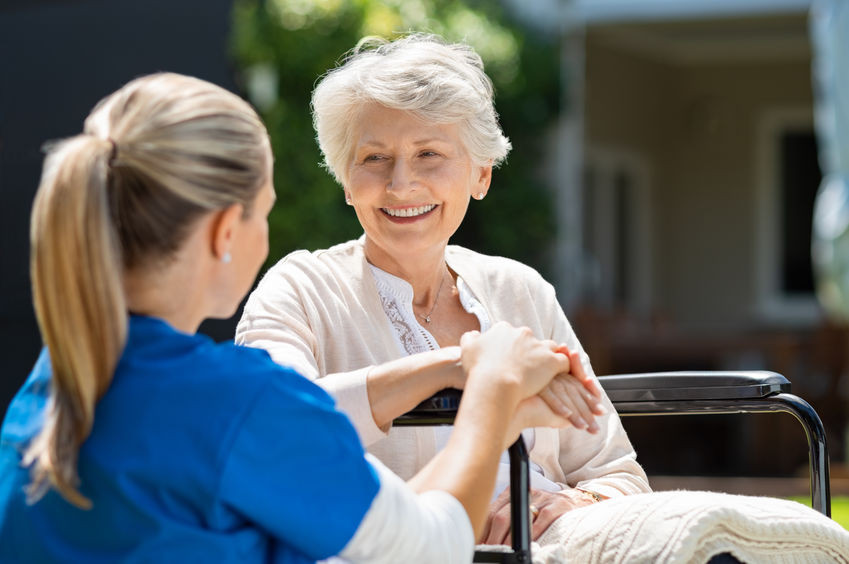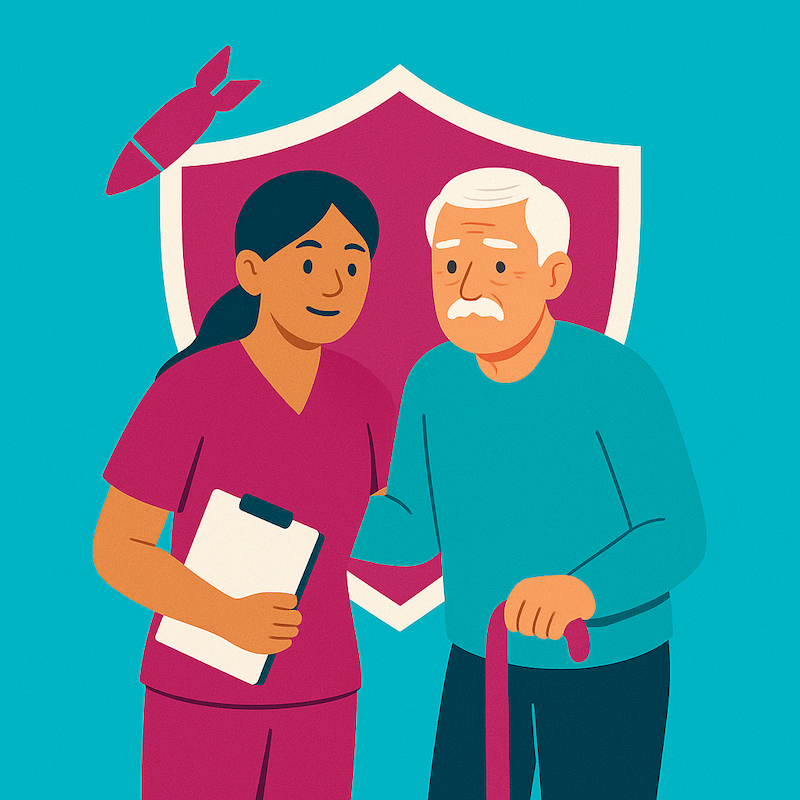How to Improve Your Caregiving Skills
צוות iSavta | 13.11.2019

Caregivers are at a high risk of burnout and physical illness. Taking care of someone else is no easy task. To put the needs of others before yours would sometimes mean not looking after yourself. It takes a lot of experience and practice to learn the different skills a caregiver must possess. Check out the tips below on how you can improve your caregiving skills:
1. Body Language
Pay attention to your non-verbal cues. Your body movements, facial expressions, eye contact and posture speak louder than the words that come out of your mouth. They could either make people comfortable or be interpreted as offensive. When talking or listening to a senior, show that you are interested in them. Be sensitive to both the body language of the elderly and your own.
2. Effective Talking
Never assume that all elderly people have damaged hearing. You do not need to shout all the time for them to hear. Sometimes all you need to do is to calmly and directly explain things. In some cases, speaking more slowly may improve their understanding. When speaking, your tone of voice could indicate feelings of anger, sarcasm, affection, or compassion. Use positive tones and words whenever speaking to your patient.
3. Patience
Patience is the finest quality a caregiver must have. Bear in mind that many elderly patients feel that they can still be as independent as when they were younger and don’t need your help. As long as you are aware of your role as a caregiver, then patience will come naturally. Stay calm no matter what. Remind yourself of why you are there in the first place.
4. Empathy
Know the problems and challenges of the person you are taking care of. Listen carefully when they speak. Ask questions and listen to their answers. Pay attention to what their needs and desires are. Once an elderly patient feels supported, your relationship to them will improve.
5. Keen Observation
You should be able to spot when your elderly patient needs medical care or time alone. Sometimes, older people will be hesitant to telling you something is wrong. A good caregiver needs to spot if there is something unusual and report to the patient’s family members when needed.
Caregivers should strive to make life happier and easier for seniors. When positivity radiates from the caregiver, the quality of care will be exceptional. Having a positive attitude will make you much more effective when caring for seniors. Combine all these tips, and your senior will receive the best care.











